Each nation in our world has specific kind of last names that are typical to that nation and reflect the culture and heritage of the ancient civilizations. Likewise Armenian last names have many unique features and are worth discussing.
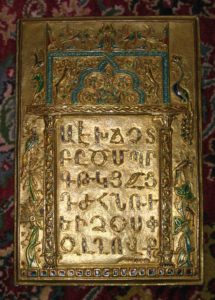 Armenian last names end with the suffix –yan or –ian. In Armenian it will be –յան or –եան: E.g. Petrosyan, Manukyan, Avagyan. The most surnames contain meaning ‘‘a son of”; son of Petros, son of Manuk. Moreover, this feature can also be found in English. Namely Johnson (son of John), Stephenson (son of Stephan), Stevenson, Richardson, Williamson, etc. But the ending -yan doesn’t always refer to the Armenian nation. At the same time, one can also find suffixes -yan and -ian in Chinese, Indian, English or Persian surnames.
Armenian last names end with the suffix –yan or –ian. In Armenian it will be –յան or –եան: E.g. Petrosyan, Manukyan, Avagyan. The most surnames contain meaning ‘‘a son of”; son of Petros, son of Manuk. Moreover, this feature can also be found in English. Namely Johnson (son of John), Stephenson (son of Stephan), Stevenson, Richardson, Williamson, etc. But the ending -yan doesn’t always refer to the Armenian nation. At the same time, one can also find suffixes -yan and -ian in Chinese, Indian, English or Persian surnames.
There was an Armenian Genocide in 1915 and consequently, under those circumstances, Armenians have been spread all around the world. As a matter of fact, there are many Armenians with different unique last names in many countries. Armenian Diaspora communities used last names with this intention. They searched Armenians and got in touch with them. However many people living outside of Armenia have changed their surnames, they changed the ending or just dropped it. As an illustration famous singer Charles Aznavourian who is Armenian and lives in France changed his surname; he shortened it from Aznavourian to Aznavour. Usually, Armenians living in Russia change the endings to “ov”; this includes Sergei Parajanov, Ayrapetov.
In fact, Armenian last names have many surprising and unique features. One of them is the fact that the surnames have 5 meanings; this includes Parent, Trait, Occupation, Aristocracy, and Geography.
5 characteristics of Armenian last names
Parent
Most of the Armenian names are taken from the first names of their ancestor; e.g. Hovhannisyan, “son of Hovhannes,” Gevorgyan, “son of Gevorg.” Until the 19th-century names had a religious origin, so now many last names are religious too.
Trait
Many surnames are derived from some trait of an ancestor. These surnames include Chapooryan (e.g. smallpox), Topalian that is to say “son of the cripple, Sirekanyan “son of the lover’’, Karagozyan (person with black eyes), Titizyan, etc. Indeed Armenian surnames are too long. In this case, people shorten the ending of the surname because for other nations it is very difficult to pronounce Armenian surnames and sometimes even first names too, for instance, Haykanush, Taguhi, Vazgansuh, Yughaber, Nrane.
Occupation
Some of the names refer to the profession of a forefather. I.e. Darbinyan – son of the blacksmith, Nazaryan – son of the coward, Najarian – son of a carpenter, Julhakyan – son of the tailor, Kardashian – son of a person who processes stone, etc.
Aristocracy
Some Armenian surnames contain the meaning of rank, class of the descendants; it includes Mirzoyan, Nakhararyan, Pashinyan, Beknazaryan, Rshtuni.
Geography
Meanwhile, there are many surnames that refer to the location. One can come across of these sort of surnames up to the present time.
When people migrated from Armenia they missed their hometown and for that reason, they usually took the name of the place they lived.
Namely: Urfalian – a person who is from Urfa, Marashlian – a person who is from Marash, and Vanetzian – a person who is from Van, Shirakatsi (a person from Shirak).
Shortening
As it was mentioned above at the present time many Armenians shorten or change their last names. In particular, they do modifications to help non-Armenians to pronounce last names. Examples include:
Aznavourian – Aznavour
Musaelyan – Musa
Vardanyan-Vardan
Samourkashian – Samour.
In other words, you cannot guess these people’s nationality and recognizable them as Armenians.
Der/Ter
Der/Ter is a social rank in religion and it indicates that one of the ancestors of the person was ”a married parish priest”. It is important to realize that Der was used by western and Ter by the eastern Armenian nation; i.g. Der Hovhannes, Ter- Hakobyan, Der- Makhdas Mkhitaryan, Ter-Zargaryan and Ter Zaqaria.
20 Most Common Armenian Last Names
-
Harutyunyan
-
Mkrtchyan
-
Hovhannisyan
-
Hakobyan
-
Avagyan
-
Avetisyan
-
Grigoryan
-
Hayrapetyan
-
Margaryan
-
Vardanyan
-
Stepanyan
-
Sargsyan
-
Zakaryan
-
Minasyan
-
Gasparyan
-
Karapetyan
-
Nersisyan
-
Gevorgyan
-
Poghosyan
-
Petrosyan
30 Interesting Armenian Last Names

- Kardashian – a person who works with stone
- Zmbayan – a person who works with the tool for the iron
- Ajemian – foreigner who speaks another language
- Donabedian – head of an event/holiday
- Sarafian – banker
- Kasabian – butcher
- Moushian – someone who lived in Moush town
- Bozoyan – son of a married man who lives with immoral life
- Brnadatvatsian – a son of a person who was thrown into the prison
- Sasuni – a special rank given to the noble person
- Khanzadyan – a son of the Khan
- Ghulyan – servant
- Shageldyan- means that the king is coming
- Gyozquchakyan- a person with small eyes
- Gyodakyan- short person
- Gharibyan – foreigner
- Baghmanyan – a gardener
- Dallaqyan – a witch-doctor
- Yuzbashyan – centurion
- Chobanyan – shepherd
- Boyajyan – dyer
- Dalalyan – mediator
- Gyozalyan – beautiful
- Alaverdyan – a child given by the God
- Korkhmazyan – brave
- Terlemezyan – a person who dies get sweat soon
- Aghlamazyan – a person who doesn’t cry
- Altunyan – gold
- Elimasyan – diamond
- Berberyan – a hairdresser
Some of these surnames are funny ones but on the other hand, they are unique surnames in the Armenian language. For this reason, they are loved ones.
Many kids use last names to refer to the adults and it is also practical in a formal environment.In particular, people use surnames as a family name. Armenian surnames usually consist from 2 to 5 syllables and contain various meanings. Armenian usually call somebody by the last name for indicating and distinguishing a specific person from others who have the same name.
The first thing to remember is that anyone should be proud of his surname no matter if he will like its meaning or not. Surnames contain ancient stories of our ancestors. These stories never can be forgotten and lose their history.

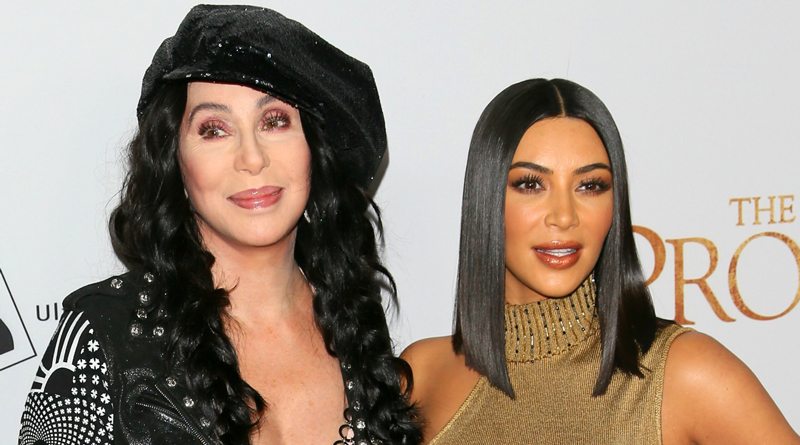
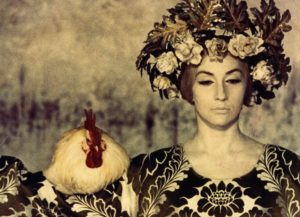

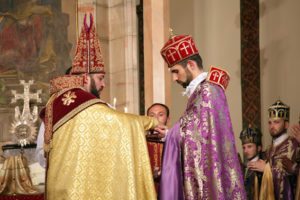

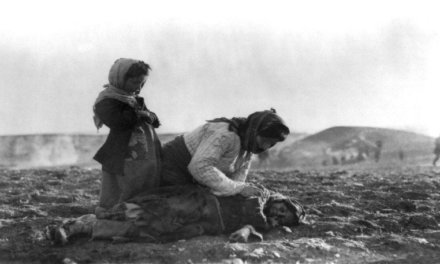
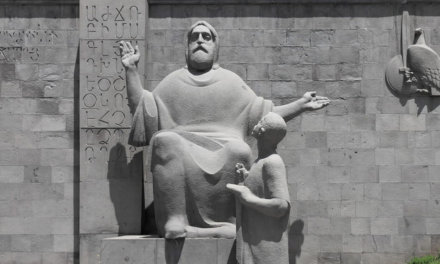
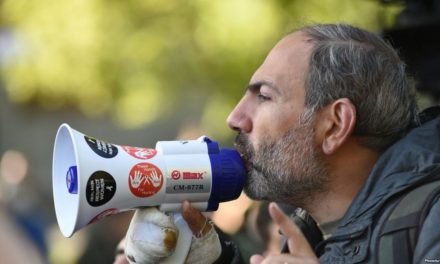
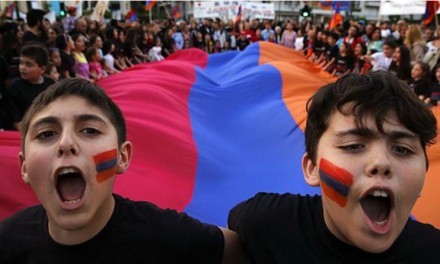

Leave a Comment